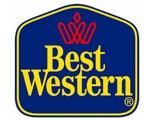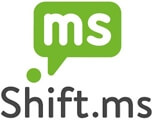Here at Adelphi we are always looking to expand the services we provide to ensure we keep up to date with new technology and software, which allows us to be able to offer the best options for our clients across the globe.
We have recently just added Articulate Storyline 2 to this growing list of services we provide.
What is E-Learning?
Put simply, e-learning is electronic learning, which typically means using a computer to deliver part, or all of a training course whether it’s in a school, part of your mandatory business training or a full distance learning course. E-Learning is a highly cost effective way of providing training and courses, particularly with larger organisations, and also allows you greater flexibility, as it can be done in short chunks of time, meaning you can fit the training in when it suits you best.
About Articulate Storyline…
Articulate Storyline 2 allows you to create fully interactive E-Learning courses for your organisation or company. This powerful piece of software provides an engaging learner experience with video and simulations, audio and a large variety of user interactions. This software allows you the freedom to create an E-Learning course that fully suits your requirements, so please feel free to discuss these with our Project Managers to ensure we deliver the perfect end product for you!
What we offer…
Our Articulate Storyline Localisation service captures not just the main course text, but also all of the button and slider content too. We can also add voice-overs and subtitles to resources in your course and provide printed support materials through our in-house typesetting service. We work with your translations or can supply our own for you.
So, if you are looking for a cost-effective and engaging way to train your employees in whatever language, please get in touch with us at Adelphi, and we will work with you to create an E-Learning course that suits your needs!
Adelphi can provide all of the services detailed above for your e-learning requirements. Please visit our website at www.adelphitranslations.com or feel free to call us on (0)114 272 3772 for further information.





